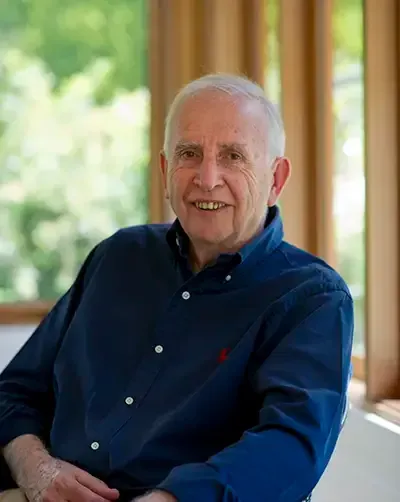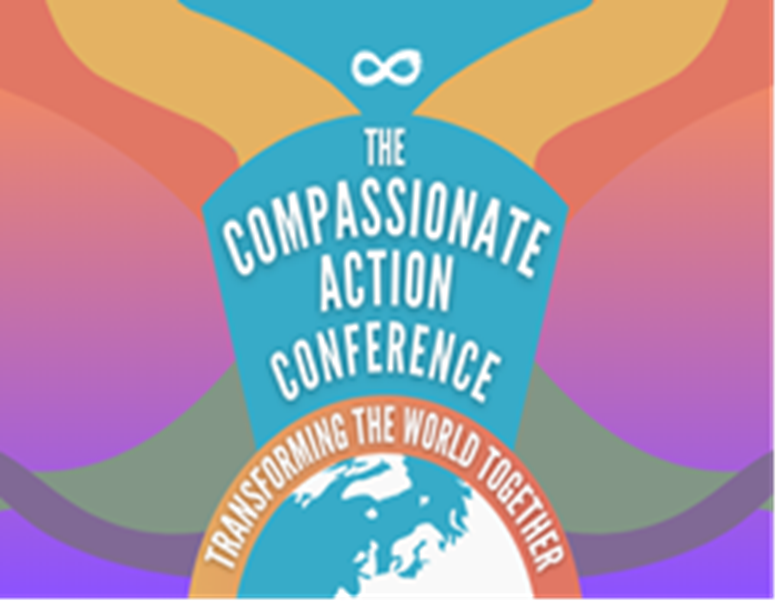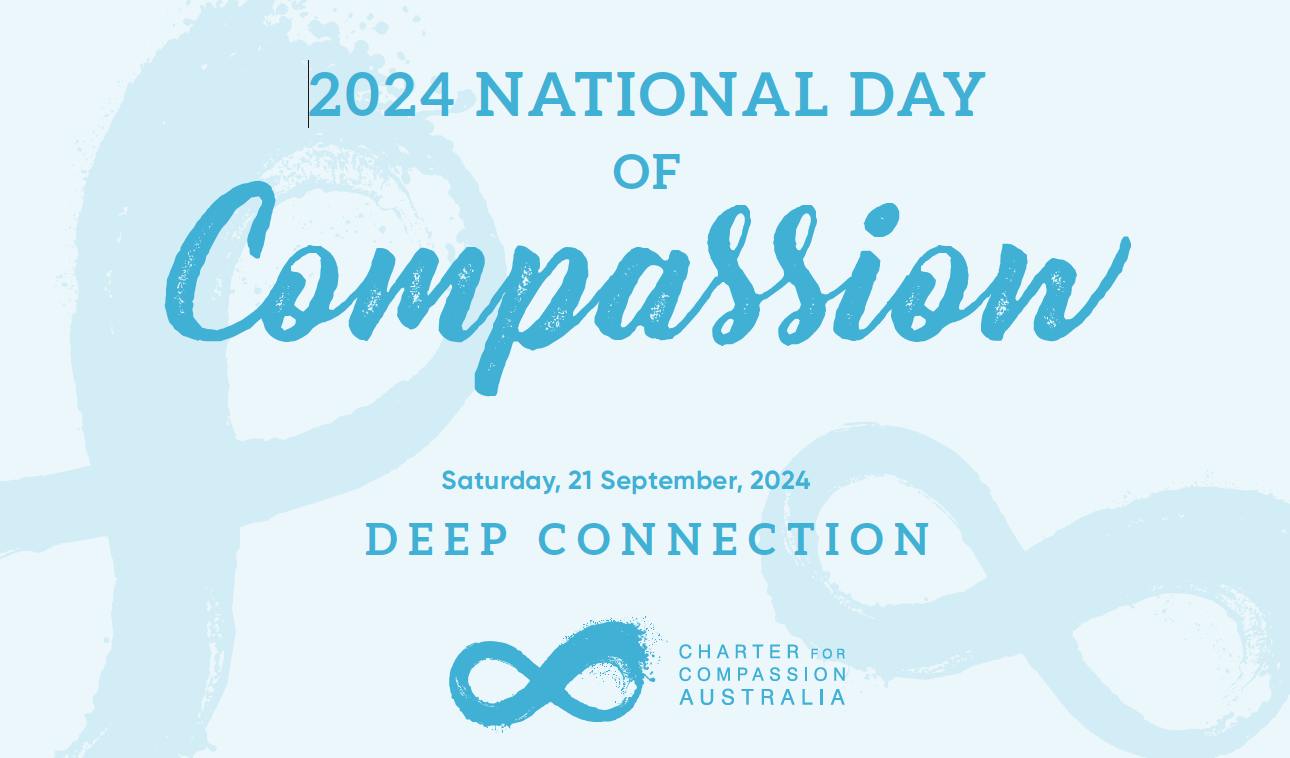The Voice to parliament was a key recommendation of the Uluru Statement from the Heart, a document written and endorsed by Aboriginal and Torres Strait Islander leaders in 2017 to change the Constitution and improve representation of Indigenous Australians.
The Australian Compassion Council brings the work of the global Charter for Compassion to Australia, with its overall vision of Deep Dreaming Australia: A Continent for Compassion and a continent for compassion couldn’t be dreamed into being without the essential inclusion of Indigenous Australians.
We know that unless all Australians are supportive of the national referendum it will not succeed, and to make our contribution - the Charter for Compassion, Australia invited those in its networks to develop compelling statements on the ‘Why of the Voice’.
Using the five mindsets as articulated by Dr Tyson Yunkaporta in his book Sand Talk provided a respectful starting point for this project to engage with the Voice by honouring and valuing Indigenous forms of knowing.
The Charter for Compassion, Australia considers that the upcoming referendum may well provide a turning point for Australia as we reach across our common humanity to discover a history that provides us all with a deeper sense of wonder of that story.
In all, 24 statements have been captured in this book, including from: Prof Peter Yu, DVC First Nations, ANU; Prof Andrew Gunstone, DVC Reconciliation, Federation University Australia; Dr Ursula Stephens, CEO Catholic Services Australia; Shane Howard, AM – singer, songwriter; Margaret Hepworth - Director, Initiatives of Change; Hugh Mackay, AO - Author and social scientist; Petrina Barson, GP and Director, Centre for a Compassionate Society; among others
Members of the Australian Compassion Council respectfully acknowledge that there are some Aboriginal Australians who, for a range of reasons disagree with the Voice to Parliament.
The reason we support an Indigenous Voice is that we feel everyone has a right to be heard particularly when it comes to government policies that affect their quality of life.
Dr Andrew Gunstone, Director of the newly established Centre for Reconciliation, Truth, and Justice at Federation University Australia, states that decades of national and international evidence clearly demonstrate that Indigenous policies have a significantly higher chance of success when Indigenous peoples are genuinely engaged in the design and implementation of these policies.
The ACC supports a wider Australian discussion on this public policy issue because, if it’s done well, then the Voice will not only give Aboriginal Australians the opportunity to be heard - it will provide all Australians new opportunities to listen to the wisdom inherent in Indigenous knowledge.
It is hoped that the heartfelt statements in this book will support voters in coming to the Voice from their calm and creative selves – where they can see the possibilities of engaging with an Australian history that is 60,000 years old.




